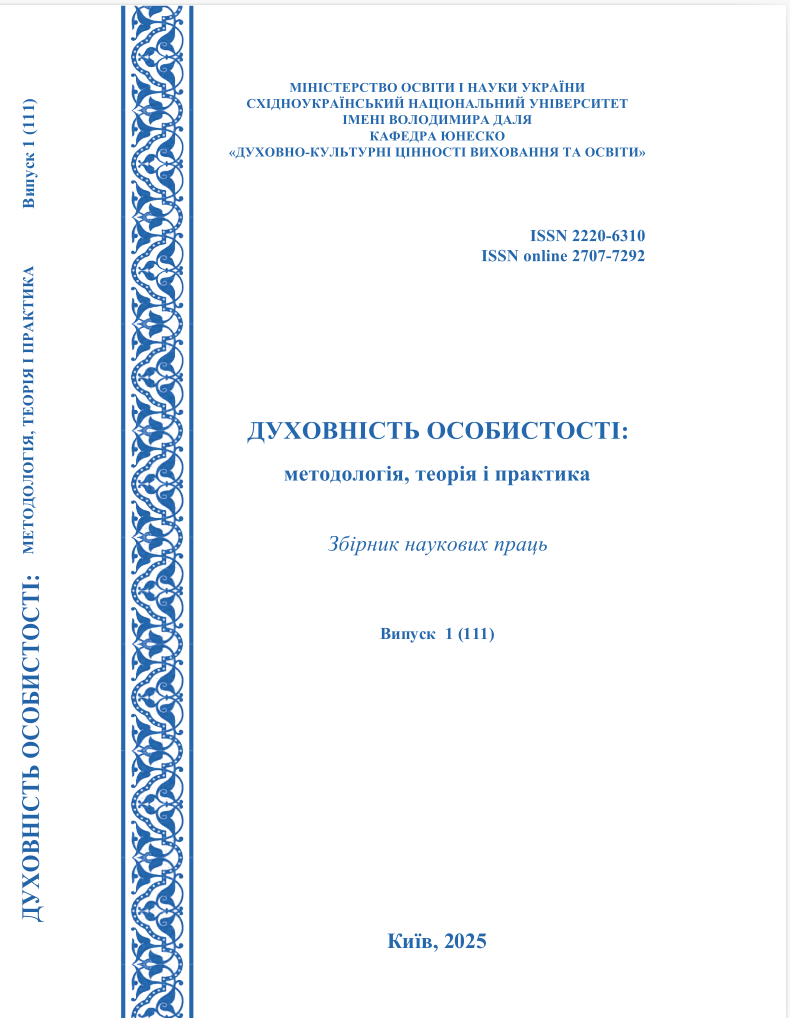Making the transition from developing ecomomies to cultivating cultures
DOI:
https://doi.org/10.33216/2220-6310/2025-111-1-213-241Keywords:
culture, sustainable development, economy, cultural cultivation, humanism, well-being indicators, cultural paradigm, ecological crisis, social justice, cultural era, holism, spiritual valuesAbstract
The article raises an important issue of rethinking the global priority: from the dominance of economic growth, as the basis for human progress, to the recognition of culture as a key factor in sustainable and harmonious development. The author analyzes the contribution of the greatest economists to the formation of the economic paradigm, which, despite the material successes achieved, proved incapable of solving the growing global problems – environmental disasters, social inequality, and cultural degradation. An alternative is proposed – a transition to a cultural model of development, where culture is viewed as a «complex whole» and as a system that unites knowledge, beliefs, art, morality, customs and other aspects of social life. The author emphasizes that only culture is able to provide a holistic understanding of the world, restore the lost balance between man and nature, between technology and spirituality, between economics and moral values. Particular attention is paid to the need to develop cultural indicators that can more accurately reflect the real well-being of society than traditional economic metrics. It calls for the active participation of cultural, educational and governmental institutions in the creation of a «cultural era» where humanism, sustainability, creativity, diversity and spiritual development will be central.

